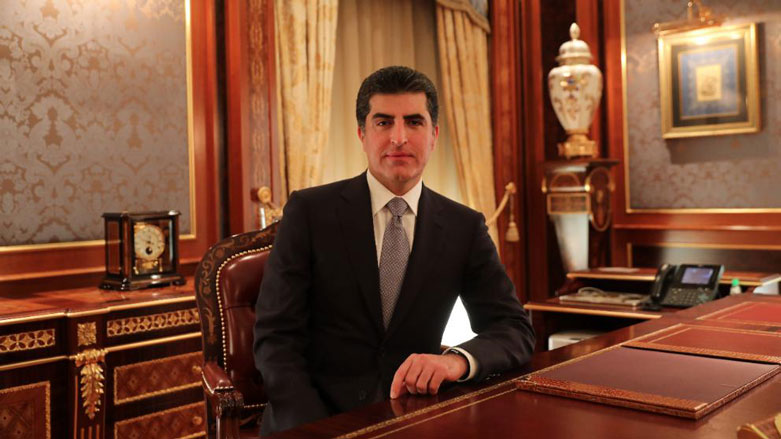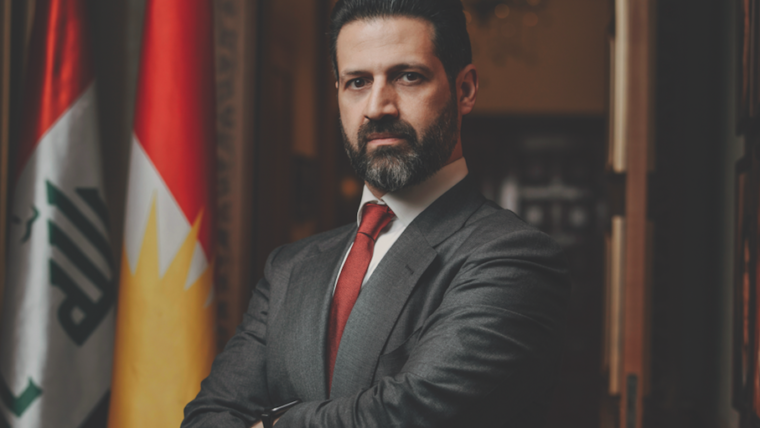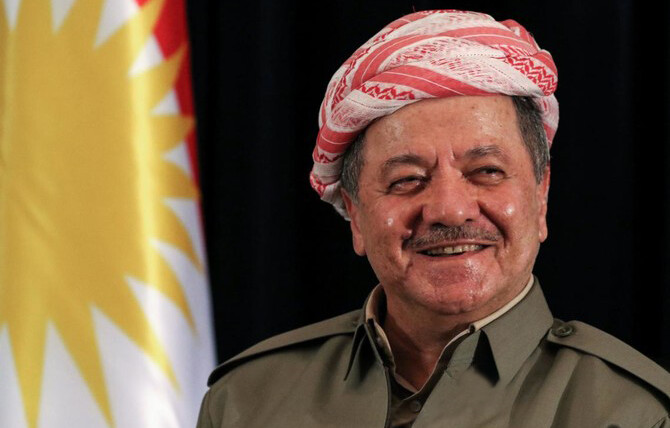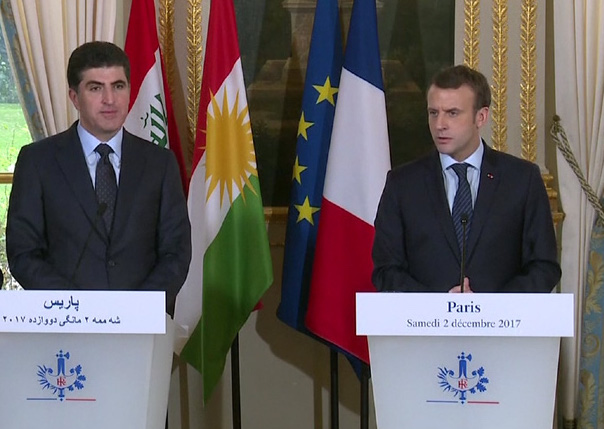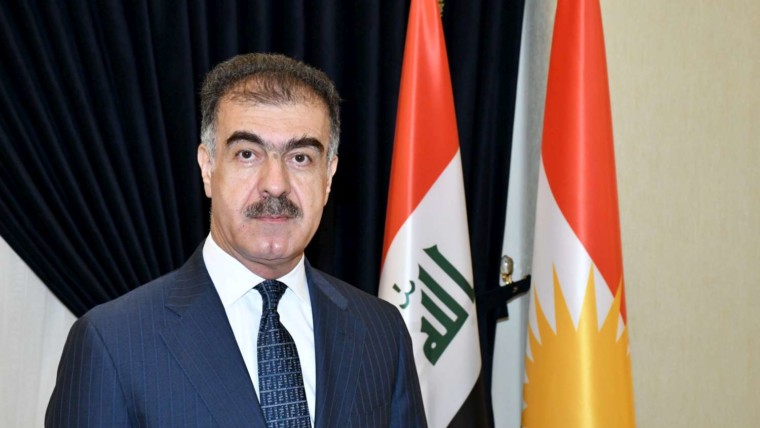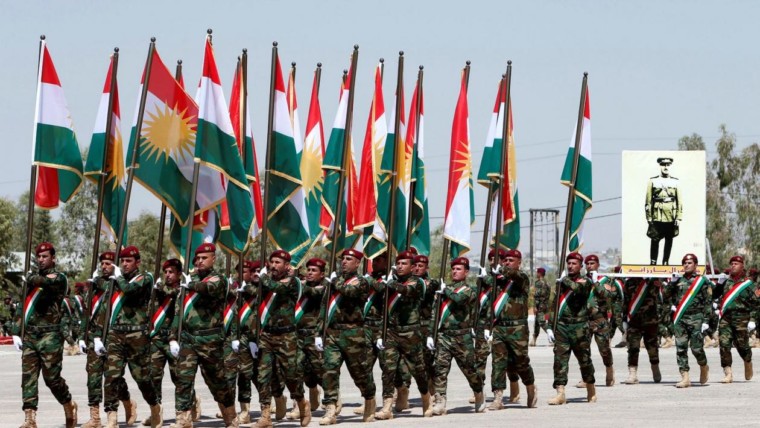In an exclusive interview, President Nechirvan Barzani sheds light on his vision for improving global ties, protecting the environment, encouraging youth entrepreneurship, improving the role of women, and coexistence in the Kurdistan Region of Iraq.
How would you characterize the Kurdistan Region of Iraq’s (KRI) global vision by improving diplomatic, economic, and cultural ties?
For many decades, we were isolated and neglected, to our detriment, by the global community. In 1991, we returned from exile to our homeland at a time when UN-authorized trade sanctions disconnected contact with the rest of the world. International trade was severely restricted to food and medicine, telecommunications were disconnected, and traveling beyond our borders was almost impossible. We were subjected to threats and attacks from our neighbors. This isolation prevented us from seeking the recognition and help we deserved.
Since 2003, however, we have actively sought to develop relations with countries, corporations, and organizations around the world, and they have significantly expanded and improved in depth and detail. In many sectors, the amount of capital and international investment in our Region has dramatically increased.
Respectful and progressive international relations are essential in order to demonstrate we are a reliable partner for peace and stability and that our Region is safe and secure to attract investment.
President Nechirvan Barzani
To best serve the interests of our people, we strive to maintain and strengthen our regional position within a democratic Iraq. To a positive degree, this has been successfully achieved through relations with 40 diplomatic missions in addition to international organizations such as NGOs, UN agencies, and the World Bank.
Our vision is simple: We shall continue to pursue international partnerships that build cultural, diplomatic, and economic relationships of mutual interest. Respectful and progressive international relations are essential in order to demonstrate we are a reliable partner for peace and stability and that our Region is safe and secure to attract investment.
How important is protecting the environment for Kurdistan?
The land we walk on, the water in our streams, and the air we breathe are vital not only to our lives but also to our identity. As the source of our life and prosperity over many centuries, almost every family in our Region has sacrificed for our land. Our mountains have been our refuge. Our rich cultural heritage that distinguishes our identity is rooted in our land, to which we are deeply devoted.
We struggled to survive genocidal campaigns against our people with
the destruction of hundreds of communities, chemical weapons attacks in dozens of places, systematic deforestation and forced relocation that disconnected our people from their lands and livelihoods. Since our regional government was formed in mid-1992, hundreds of destroyed communities have been reconstructed and resettled with good roads, water, electricity and telecommunication services.
We are raising awareness of environmental concerns and pursue solutions. We look forward to participating in global environmental efforts that share knowledge, understanding, and effective solutions.
President Nechirvan Barzani
To enhance the quality of life in both urban and rural areas, despite severe financial constraints and occasional political setbacks, we have begun to focus more attention, effort, and resources on well-landscaped parks for all to enjoy. We are raising awareness of environmental concerns and pursue solutions. At the personal and social levels, we have begun to focus on trash management and trees to rid the environment of unsightly waste, conserve soil and water, enhance the attractiveness of our scenic wonders, and contribute to mitigating the adverse effects of climate change.
For us, environmentalism is not a foreign concept. In certain areas, century-old local social initiatives actively promote ecosystem preservation through environmental efforts. For example, in the Barzan area, there are socially enforced rules against cutting fruit and shade trees along pathways, hunting during reproductive seasons or killing animals while they drink water, endangering bees by harvesting wild honey excessively, killing non- venomous snakes, or fishing with dynamite.
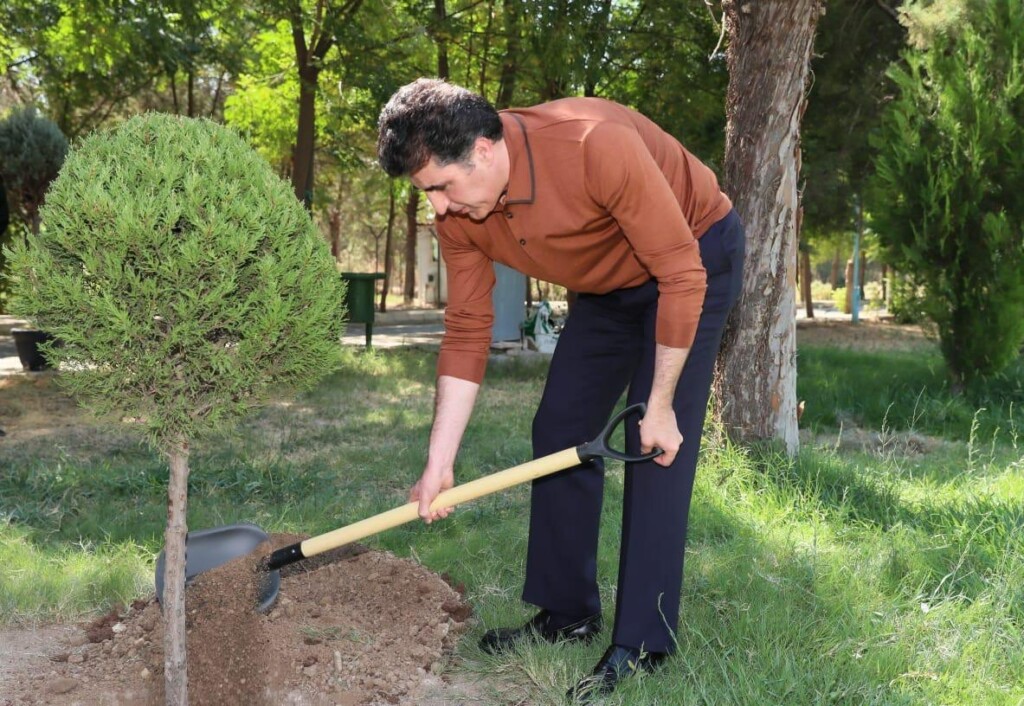
We look forward to participating in global environmental efforts that share knowledge, understanding, and effective solutions. Our youth and others have begun to show respect for their environment through clean-up and anti-littering campaigns. Organizations and individuals, including myself, have been directly involved in tree-planting. We look forward to these and other environmental efforts becoming general movements that influence our everyday lives in satisfying ways.
How important is it to encourage the youth of Kurdistan to engage in entrepreneurship and innovation?
I’ve been encouraged by observing our young entrepreneurs who are developing businesses that contribute to the diversification of our economy. The importance of empowering entrepreneurs in our economy cannot be overstated. Their contributions through small and medium enterprises are of paramount importance to create a sustainable thriving economy.
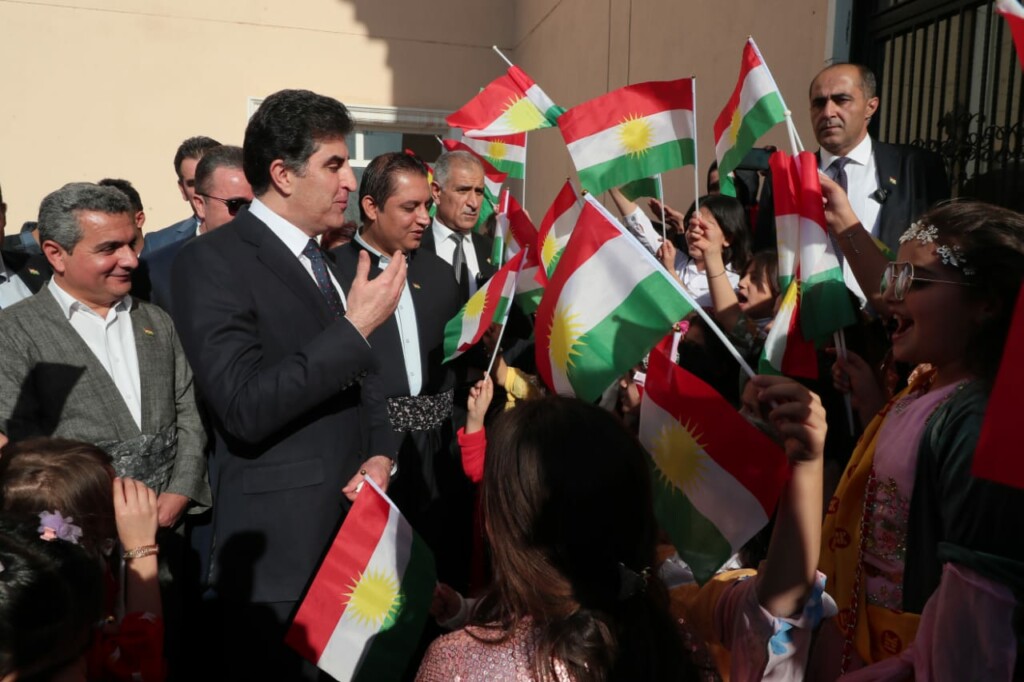
Entrepreneurs and small businesses are essential for diversification to advance and sustain our economy. Countries that offer attention and support to their entrepreneurs and small businesses have more opportunities to build and maintain a strong economy. It is thus important that we offer effective support to startups and small businesses through streamlining procedures to reduce and eliminate barriers and provide access to finance, possibly with tax-deduction incentives.
How would you characterize the role of women in Kurdistan Region society?
Women have long played important roles in Kurdistan. We’ve had women rulers like Adela Khanum of Halabja and Mir Khanzad (Khanzad Sultan) of the Soran Emirate, Yezidi regent of Sheikhan Emirate Meyan Khatun, Assyrian Christian Peshmerga Margaret George Shello, and activist Layla Qasem, who was executed by the Iraqi Baath regime.
Today, the position of women in government is a source of our strength. One-third of our lawmakers are women as well as the Speaker and Secretary of our Parliament, and women serve important roles in every ministry. Women also hold important positions in our security services including the police force and as soldiers in the fight against ISIS.
We continue to support anti-domestic violence efforts and other gender-based campaigns aimed at protecting women’s rights, promoting equality, empowering women in all sectors, and amending laws that favor the rights of women.
President Nechirvan Barzani
Protecting women’s rights, however, remains challenging and we continue to determine strategies and policies that effectively promote gender equality and advance the status of women. For example, we continue to support anti-domestic violence efforts and other gender-based campaigns aimed at protecting women’s rights, promoting equality, empowering women in all sectors, and amending laws that favor the rights of women. Toward achieving gender equality, laws have been amended and new laws have been enacted that provide further protection for women’s rights.
How would you describe Kurdistan in terms of peaceful coexistence?
Our centuries-old diversity is another of our strengths. Our rich cultural heritage is about our ancestors of many ethnicities and religions. Not so long ago, our homeland was a source of families who were forcibly displaced from their homes. Today, we are a refuge for the displaced.
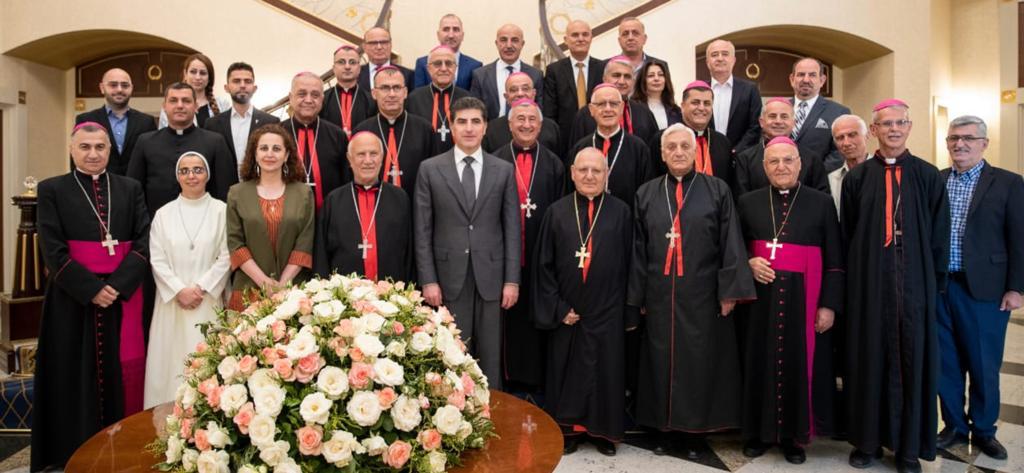
I believe Kurdistan is a powerful model for peaceful coexistence in the Middle East and the world. We are a very ethno-religiously diverse society. While the majority of our people are Sunni Muslim, we are also Shia Muslim, Yezidi, Christian (Assyrian, Chaldean, Syriac, Armenian), Mandean, Kaka’i, Zoroastrian, Baha’i, and Jew.
Peaceful coexistence is within our vision and we aim to enshrine protections of minorities in our laws and policies. We are a very ethno-religiously diverse society. While the majority of our people are Sunni Muslim, we are also Shia Muslim, Yezidi, Christian (Assyrian, Chaldean, Syriac, Armenian), Mandean, Kaka’i, Zoroastrian, Baha’i, and Jew.
President Nechirvan Barzani
Since 2003, in reaching a peak of nearly two million displaced people, our Region has been a refuge for every ethnic and religious community in Iraq, plus refugees from Syria, Turkey, Iran, and even Palestine. Most fled to our Region because of ISIS’ genocidal atrocities committed against their communities in the Islamic State – an Iraqi and Syrian territory larger than Britain. Despite the demise of the Islamic State, and primarily because of inadequate security, most are unable to return to their original homes. Though it is a major expense for our government, we shall continue to welcome, protect, and host all those who seek refuge in our homeland. Peaceful coexistence is within our vision and we aim to enshrine protections of minorities in our laws and policies.

